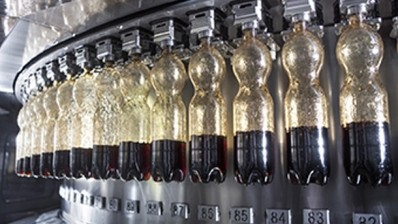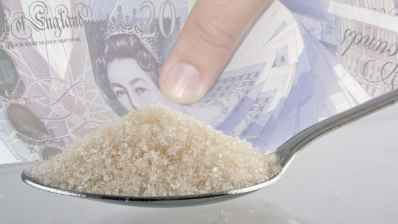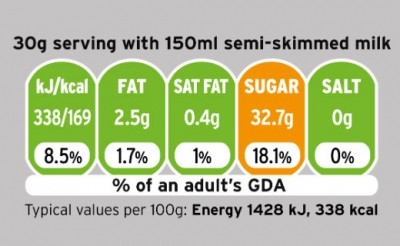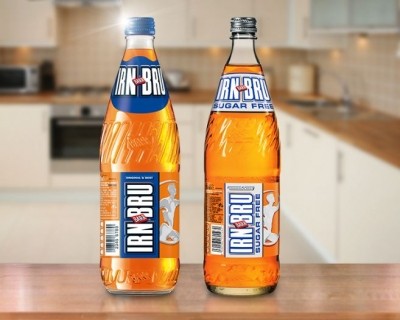Soft drinks tax: the three unanswered questions

Osborne revealed that the soft drinks tax would come into force in two years’ time and would raise £520M in its first year.
Investec analyst Nicola Mallard predicted that the levy could be rolled out across the wider food industry.
She questioned the “headline grabbing” statement that the levy could raise £520M in its first year.
“This figure looks high relative to sums raised by taxes in other countries, and we question how it has been calculated,” said Mallard.
The announcement was “unhelpfully short of detail” and gave the manufacturers at least in the interim a level of uncertainty, she argued.
‘Higher selling prices’
“We assume the companies would look to absorb as much of any resulting levy through internal efficiencies, with the balance recouped from higher selling prices,” she said.
The Institute of Fiscal Studies (IFS) said the move for a sugar tax was a sound one in economic terms but hard to implement.
Paul Johnson, IFS director, said that taxing soft drinks, which have little or no other nutritional value, may well make sense as a “first step”.
He said: “Obviously the soft drinks tax won’t have any impact on the other +80% of sugar consumption – indeed it might increase it as people move away from soft drinks to other sugary products.”
He described the tax as a “rather curious structure”. Instead of putting a levy on the amount of sugar in each drink it will charge it based on certain bands. “It’s hard to see the rationale for that,” he said.
‘Hard to see the rationale’
There will be two levy bands, a high one for those products with 8g per 100ml or more and a lower band for those above 5g per 100ml.
A leading solicitor has questioned the legality of the government making such a move and compared it to the attempts to introduce minimum alcohol pricing in Scotland.
Hilary Ross, executive partner and head of retail, food and hospitality at law firm DWF, said: “The government’s desire to tackle childhood obesity is laudable.
“However, introducing a sugar tax is a legal minefield – a number of hurdles will need to be addressed, as demonstrated by the minimum alcohol pricing in Scotland, for whatever is proposed to comply fully with EU legislation.
“We need only look to the DG Enterprise report on the efficacy and legality of sugar type taxes already explored in other EU countries to see that this is not going to be an easy ride.”
Sugar tax: the unanswered questions
- How did the government calculate the figure of £520M as the tax income for year one?
- How will the tax bands work and how will it be implemented?
- Is a sugar tax legal?
















